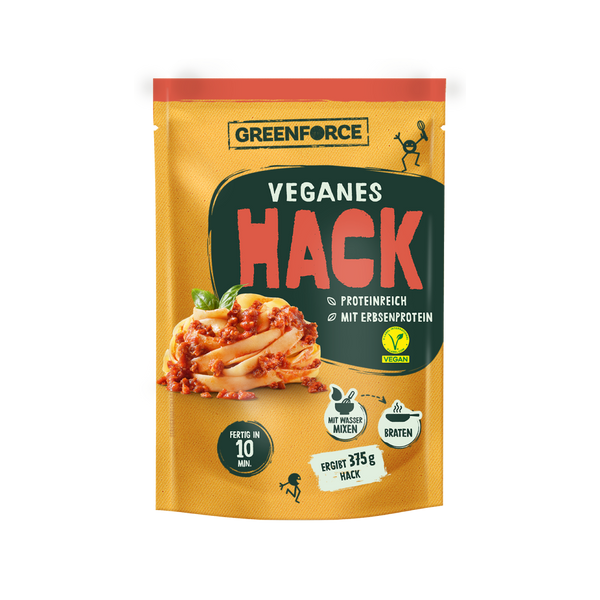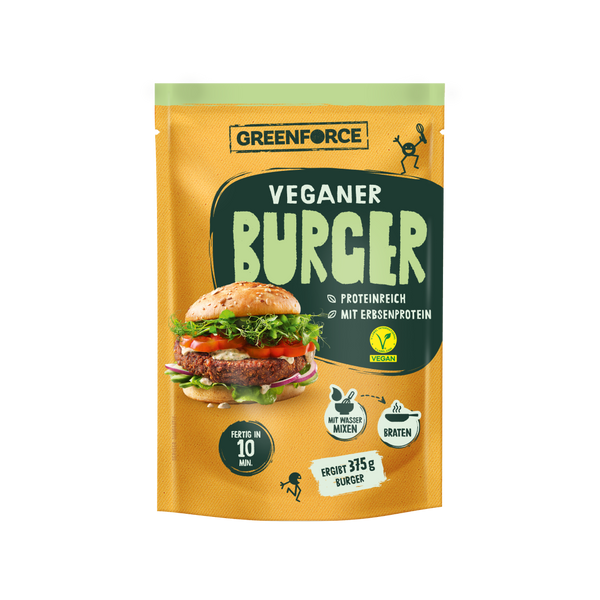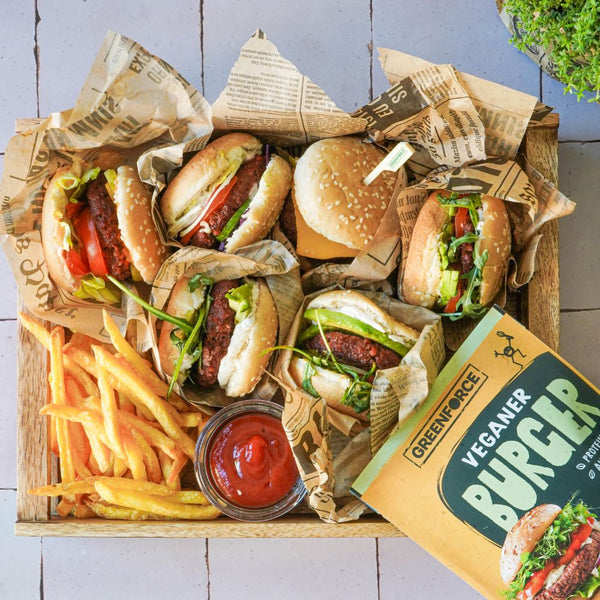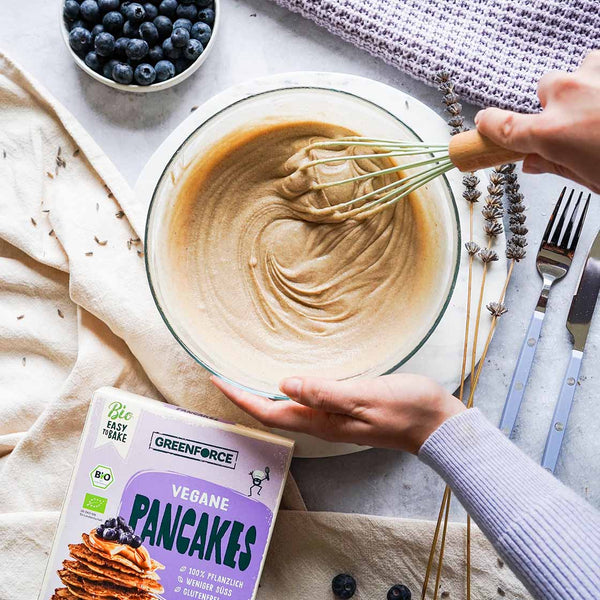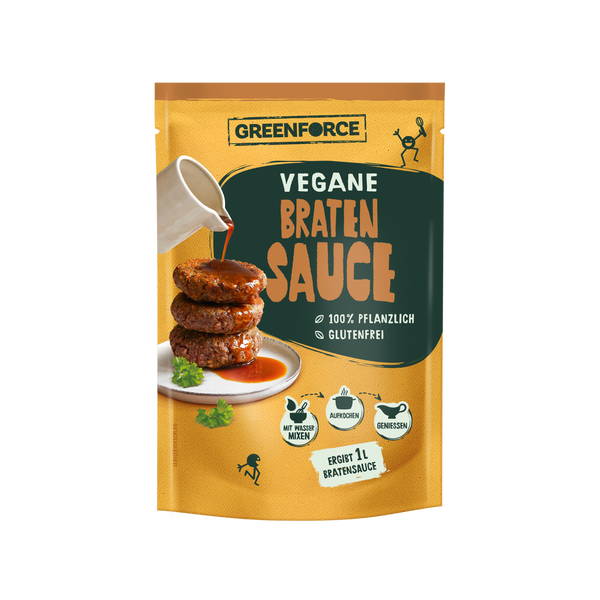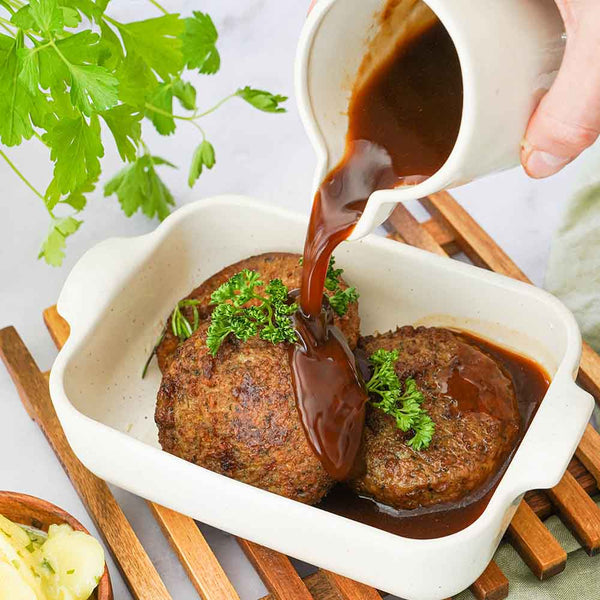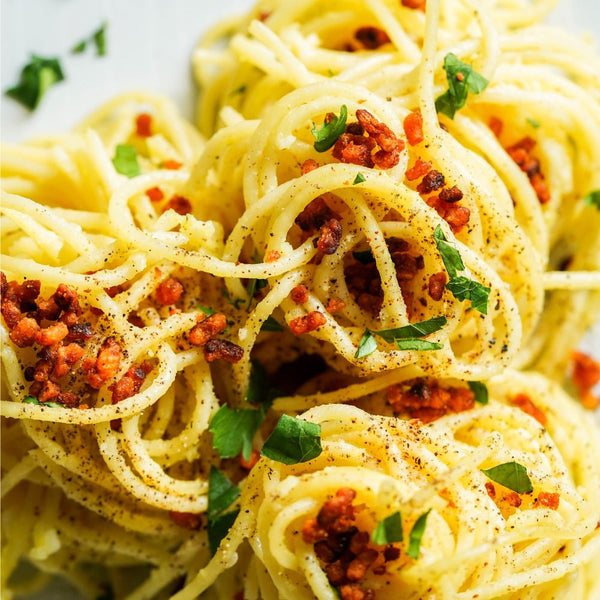When food goes against the body
Food intolerances and food allergies
If unpleasant pressure occurs in the upper abdomen , suspected foods are quickly at hand. Then terms like casein intolerance or fat intolerance quickly come up.
Yes, it is possible that you suffer from a food intolerance or a food allergy. However, there are significant differences between these two things and they are not equally likely!
Food intolerances still occur relatively frequently, although the numbers vary depending on the study and expert opinion. Of course, the frequency of cases also depends on which foods specifically cause the symptoms. True food allergies , on the other hand, are actually relatively rare. Here too, the numbers vary depending on the source.
If you have a food intolerance , eating certain foods means that your body cannot process or properly digest individual components of them. With the consequences already described under possible symptoms such as pressure .
The synonymous term food intolerance also exists for this phenomenon. The best-known troublemakers in this area include lactose intolerance and casein intolerance (reaction to the protein component casein in dairy products). Fructose and histamine intolerance as well as gluten intolerance are also known food intolerances.
A food allergy is a clearly noticeable and specific reaction from your immune system. It reacts to certain foods or their components.
This is also the crucial difference to food intolerance , as the immune system does not necessarily have to play a role here.
Accordingly, it is even possible that you can tolerate smaller amounts of a certain food if you have an intolerance. If you have a food allergy - no chance. Here the symptoms can be significantly more severe than a more harmless feeling of pressure.
In addition to gastrointestinal complaints such as pressure pain, they also have significant symptoms elsewhere. Allergies such as a grain allergy or fruit allergy are manifested, for example, by skin redness, itching and rashes. Swollen mucous membranes on the lips, mouth and throat are also possible. Some people also experience respiratory or cardiovascular problems. In the worst case, a grain allergy or fruit allergy can even cause anaphylactic shock.
Whether you have a possible food intolerance or a food allergy : each of these cases requires a thorough diagnosis!
 Germany
Germany
 Austria
Austria
 Switzerland
Switzerland
 Netherlands
Netherlands
 Belgium
Belgium
 Luxemborg
Luxemborg
















